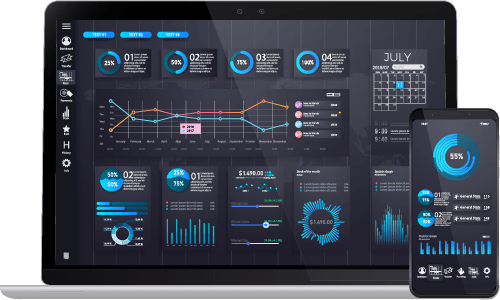API Development Services
In modern development practices, the term “API” is increasingly associated with enabling seamless integration and connectivity across platforms, evolving into a critical component of digital ecosystems. Thus, API Development Services have become essential for creating scalable and efficient solutions that facilitate data exchange and functionality enhancement. This approach highlights the shift from isolated systems to interconnected networks, emphasizing the derived value of APIs in streamlining operations and driving innovation.


